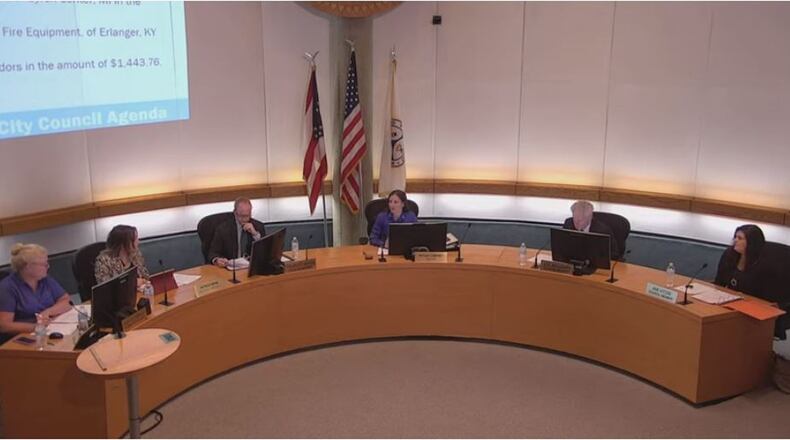City officials are seeking emergency approval of the proposed ordinance so that the submission can be received by the U.S. Housing and Urban Development field office in Columbus by the Sept. 24 deadline. Approving the amended plan will not impact the city’s general fund and there is no local match required, said Susan Cohen, city administrative services director.
The latest U.S. Census data indicates that Middletown qualifies as a low- to moderate-income area.
Cohen said the proposed amendment would allow the city to spend the additional allocation on:
- Rental/mortgage/utility assistance to households suffering coronavirus-related income reductions. The city plans to allocate $175,000 to assist families with rent and mortgage payments, specifically those who have experienced job loss due to COVID-19.
- Small business assistance for up to five small businesses impacted by COVID-19. This would provide a total of $175,000 for small business grants. This would focus on struggling small businesses, particularly those that had to temporarily shutter their doors due to the pandemic.
- Internet access as part of the Middletown City Schools initiative to provide hot spots for about 150 low to moderate income families who lack access to technology and internet for K-12 students in the COVID school environment of remote learning. The city would provide $50,000.
- Administrative costs for the additional programs of $31,289.
Cohen told council during the Sept. 1 public hearing that the city would work to partner with Supports to Encourage Low-income Families (SELF) and Butler County Neighborhood Housing Services to vet the eligibility of applicants.
About the Author

